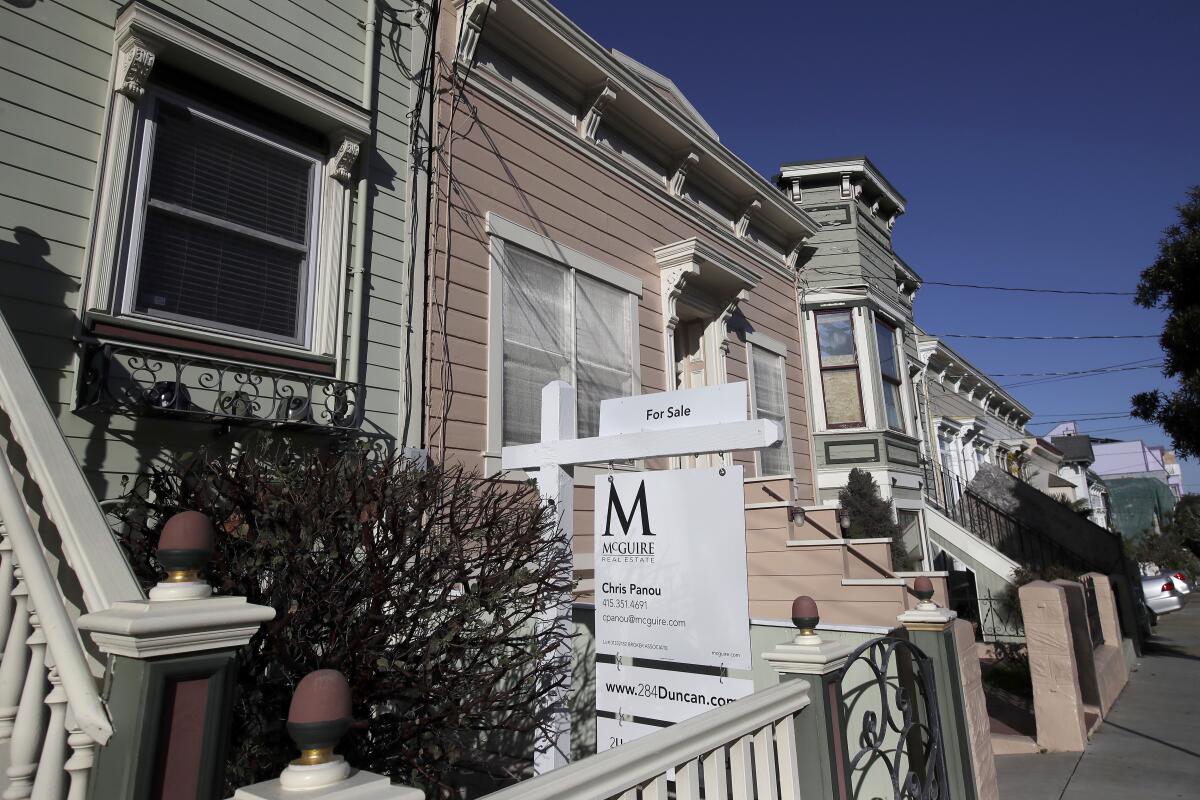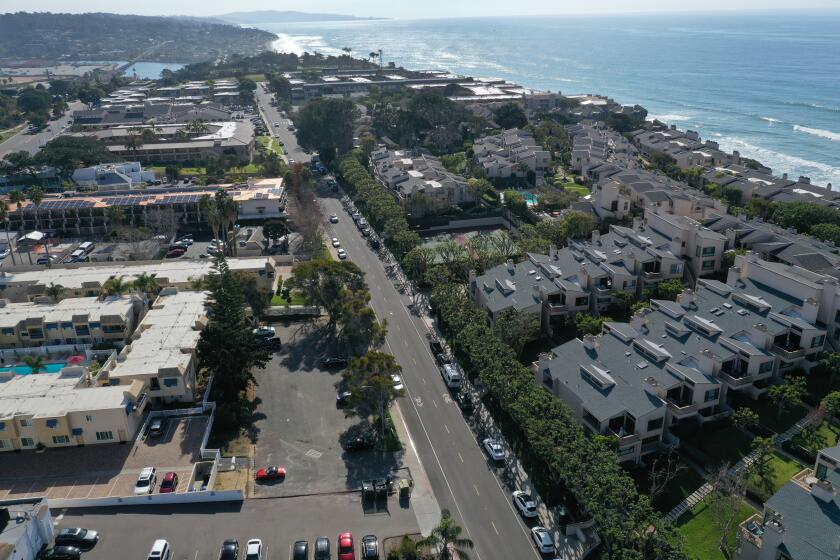A record low on average 30-year fixed mortgage rate: 3.29%

The average rate on a 30-year fixed mortgage has hit a record low of 3.29%, driven down by investors shifting money into the safety of U.S. Treasurys as the coronavirus outbreak has deepened.
This new average, down sharply from last week’s 3.45%, is the lowest for a 30-year fixed mortgage since Freddie Mac started tracking such rates in 1971, the mortgage buyer said Thursday.
The steady decline of mortgage rates has created a potential boon for would-be home buyers as well as for homeowners who can refinance into lower-rate loans. Refinancings can lower monthly payments and in some cases allow homeowners to tap additional cash from the equity in their home.
Lenders are zipping through mortgage applications so fast that some expect to blow past loan-origination records they set just last year.
The housing market is a key pillar of the U.S. economy, so any increase in purchase and refinancings could provide economic support. More money in the pockets of households tends to drive up consumer spending, the U.S. economy’s primary fuel. The housing market has been slowed in recent months by a shortage of available homes for sale and by prices that are still unaffordable for many.
The record-low mortgage rate came in a week when the Federal Reserve made a surprise emergency cut in its benchmark interest rate to aid the economy in the face of the spreading coronavirus. Investors seeking safety and anticipating further rate cuts by the Fed to address the crisis have poured money into Treasurys and other fixed-income securities that are perceived as havens.
Long-term mortgage rates tend to track the yields on the 10-year Treasury note, so they typically fall in tandem.
Home loan applications rose 10.3% last week from a year earlier, according to the Mortgage Bankers Assn., while applications for mortgage refinancing soared more than twofold.
“Given the further drop in Treasury rates this week, we expect refinance activity will increase even more until [virus] fears subside and rates stabilize,” Michael Fratantoni, the association’s chief economist, said in a statement.
Wells Fargo & Co., one of the nation’s largest mortgage lenders, said it has seen an increase in mortgage applications. As a result, it says it is hiring more staff to support those applications and shifting employees from other departments of the company to help.
On Thursday, Freddie Mac’s survey of loan rates showed that the average rate on a 15-year fixed mortgage sliding this week to 2.79% from 2.95% last week. The 15-year rate is now at its lowest level since 1991.
Each week, Freddie Mac surveys lenders to compile its national mortgage rate figures. The average doesn’t include extra fees, known as points, which most borrowers must pay to obtain the lowest rates.
The average rate for a five-year adjustable-rate mortgage declined to 3.18% from 3.20% last week.







